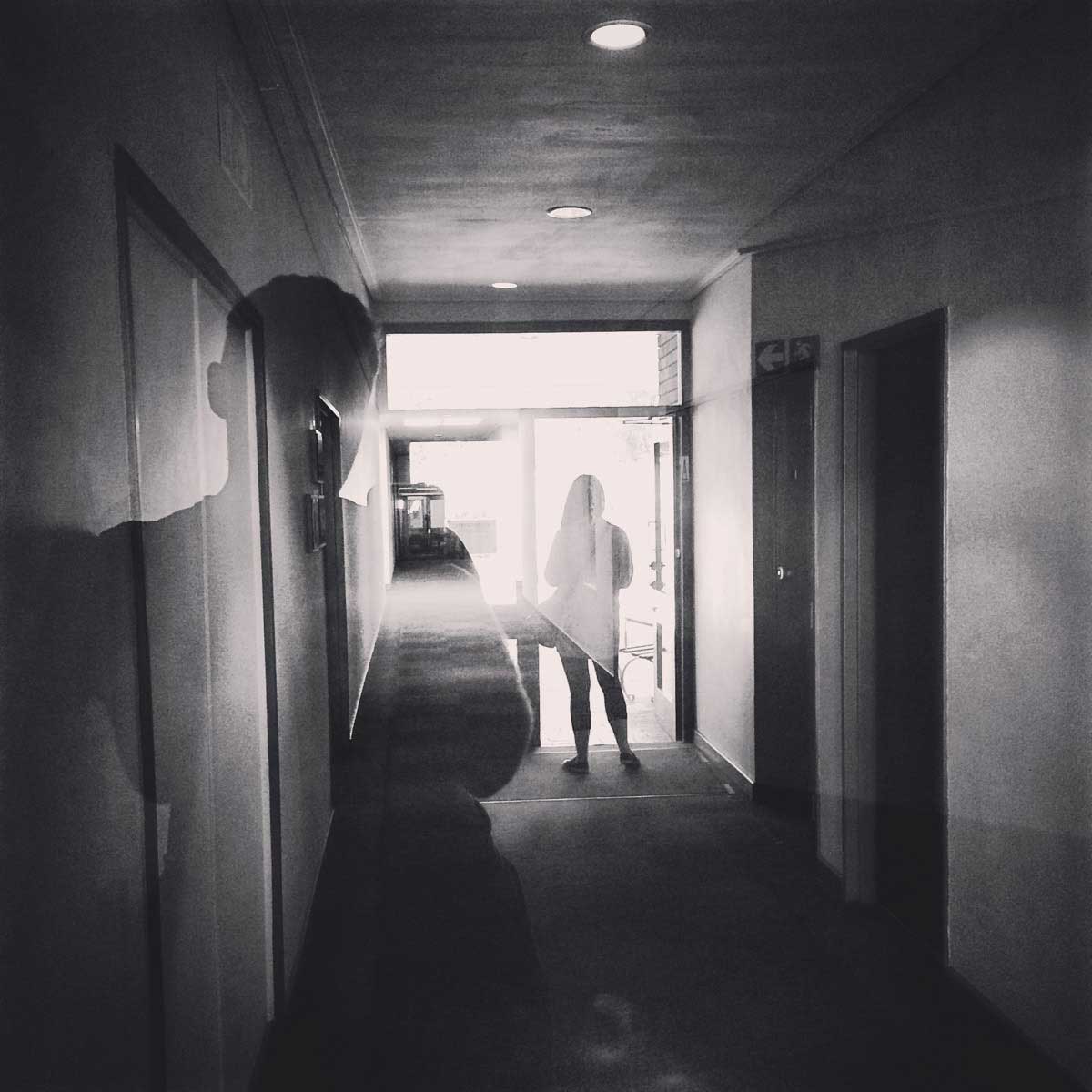
“On Nov. 10, 2014, a motorcycle accident left my father paralyzed and laying in a South African hospital bed by himself. I put my life on hold so I could go and help him fight for his.”
That’s how Ian Willms describes the photographic project that represents both a break in his career and a coming together in his life.
When the accident happened, Willms, a Canadian documentary photographer, had spent the previous two years working on a series of photographs shot around the U.S. and Canada as he rode Greyhound buses from state to state. One day, as his bus arrived in the small town of Sault Ste. Marie in Northern Ontario, he received a text message from his sister: “Dad was in a serious motorcycle accident. I need to talk to you.”
Read Part 2: How Photography Brought a Father and His Son Back Together
On a tour in South Africa, his dad’s bike had left the road and hit a dirt pile, sending him off of a small cliff. “He landed front wheel first and his body came down very hard onto the handlebars,” Willms tells TIME. “In addition to the catastrophic spinal damage, my dad broke the majority of his ribs, some vertebrae in his neck, punctured both lungs, fractured his right knee and suffered some blunt force trauma to his heart.”
After learning that his father was paralyzed, Willms was on a plane from Winnipeg to Toronto and onwards to Cape Town in South Africa. In just 30 hours, he had stopped his personal wandering to journey across the world for a very different reason. All for a father he’d barely seen while growing up.
“We had this kind of long, tumultuous, back-and-forth relationship throughout my life,” says Willms. And yet, this complex, contrite and capricious rapport has given birth to Willms’ most personal photography project — one that wasn’t planned, and one that could remain unfinished.
“I guess I felt really trapped when I was there with my dad, so I just started photographing,” he says. “These pictures kind of built up for two or three weeks before I started posting.”
On Nov. 28, Willms took to Instagram and posted a black-and-white image of his hand holding his father’s, the first photograph in a series of more than 135 he has shared since.
“I didn’t really want to be so deliberate about it,” he says. “I didn’t want to build up a body of work and make an edit and think of how I was going to present it and all this shit. I just wanted to get it out.”
For Willms, Instagram became the quickest and easiest way to share what he was feeling. “I could just post a picture and my friends, my colleagues and anyone who cares to know anything about what’s going on can choose to follow that. It’s just there.”
Willms could have chosen to use Facebook to share his personal “dispatches,” but, he says, Instagram felt more intimate “because it’s just right in your pocket and you might just have this little picture there that’s small and part of something that somebody’s going through. You sort of hold that [moment] in your hand.”
And while the constant, yet curated, feed of images has allowed Willms to express the way he feels about his father’s accident, the photographic experiment has taken on a deeper meaning for the 29-year-old photographer, rekindling a fragile relationship.
“My mom and dad separated two months after I was born, and my dad was sort of a weekly part of my life until I was about 6,” says Willms. “He didn’t really understand how to relate to a child in a lot of ways. He wasn’t a lovey-dovey, fuzzy guy who could get down on the floor and play with toys, make car noises and all that stuff. He just didn’t know how.”
When Willms turned 6, his dad showed up at his birthday party. “I was running around with all my friends, and my dad felt kind of dejected because I wouldn’t pay attention to him,” he says. The event, exacerbated by ongoing disputes with Willms’ mother, was the last straw. “He really got frustrated and he just left the birthday party, and that was the last time I saw him for five years.”
When his father came back, Willms was in his early teens. “It was the worst possible time for him to show up,” he says. “It was really hard for us to understand each other and see eye-to-eye. I was angry as hell.”
For many years, they had trouble connecting, and in 2008 the relationship came to an abrupt end when Willms’ dad broke a promise to help pay for his education. “When he refused to honor that, I felt like he had just blown his last chance to take any financial responsibility for having created a child,” Willms says. “I never expected him to give me any handouts. I just wanted him to own the fact that I was his son. By not physically being around and not supporting my mom, I felt like that had never happened.”
Willms stopped talking to his dad. “I was so mad at him,” he says.
Four years later, Willms’ father reached out as he was about go through open-heart surgery. “He said: ‘Look, things are messed up, will you come to Germany?’ I was ready to try and patch things up, so I went. I didn’t want to bicker about history, I just wanted to go there and understand my father. I wanted to understand who he was and why he did the things he did. I just wanted to get to know the guy. That was my goal.”
And it worked, Willms says. “We just put it all aside and just hung out as guys. We really started to bond.”
Slowly, a relationship between the two developed around photography. “One day, we went to this camera shop in Germany, and he said: ‘What’s the best camera in this store?’ I picked out a Leica M9-P and he said: ‘All right, man. It’s yours.’ He bought it on the spot to sort of say sorry for the money thing. And I was really moved by that.”
As his dad is starting a long and troublesome recovery from “a fracture dislocation with a burst of the T7 vertebrae,” Willms’ photographic project has brought them closer than ever before. “He knows how intimate this is,” he says. “I think he knows how hard this is for me, and he wants something good to come out of it. It sort of gave us something to do together. It’s become a collaboration.”
After many years apart, the men are in each other’s lives again. “Every night, I kiss him on the forehead and tell him I love him,” Willms says. “And it’s amazing how much you really mean it when you believe it could the last time.”
Ian Willms is a Canadian photographer and a member of the Boreal Collective. This interview is the first part of a multi-part series on Willms’ We Shall See project.
Phil Bicker edited this photo essay.
Olivier Laurent is the editor of TIME LightBox. Follow him on Twitter and Instagram @olivierclaurent
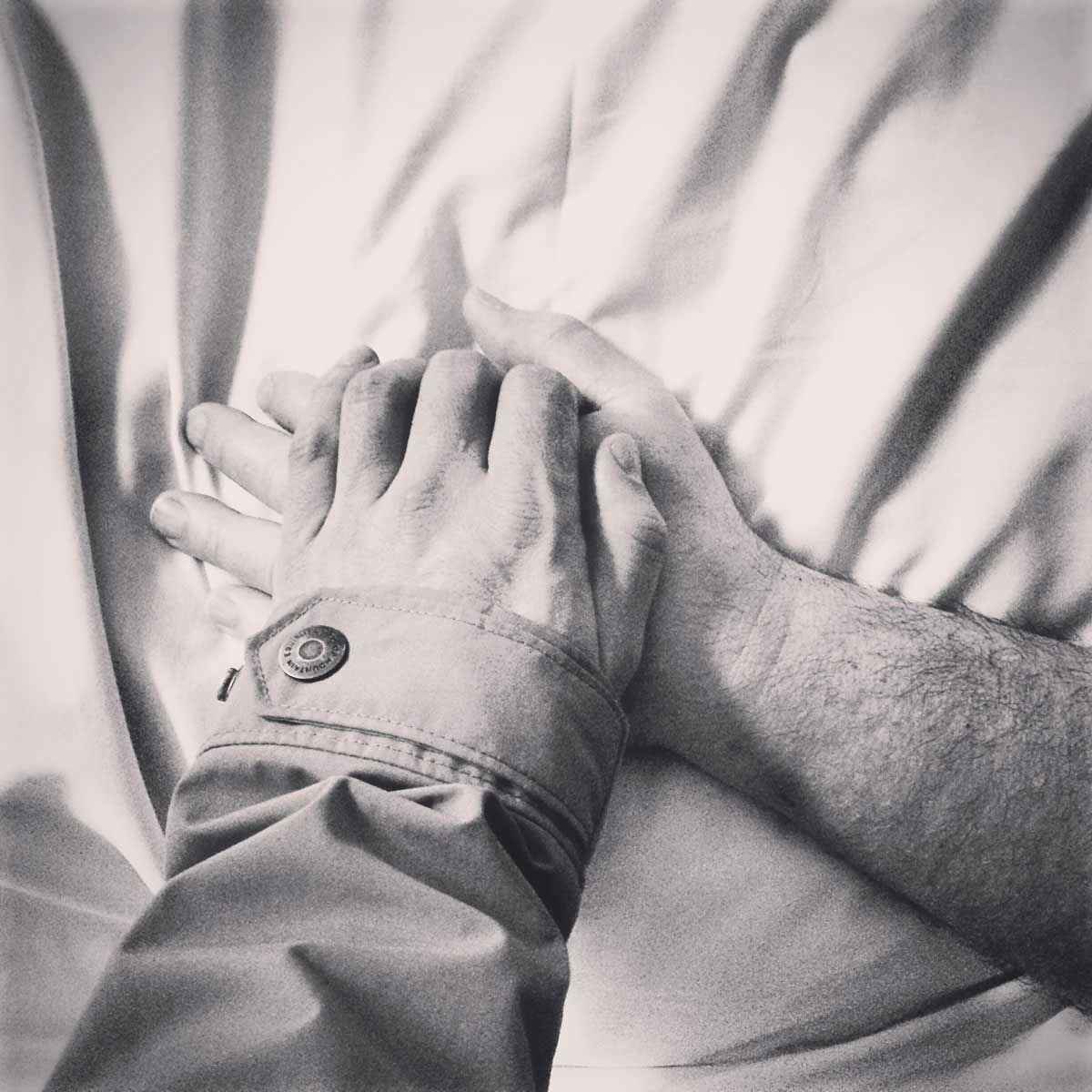
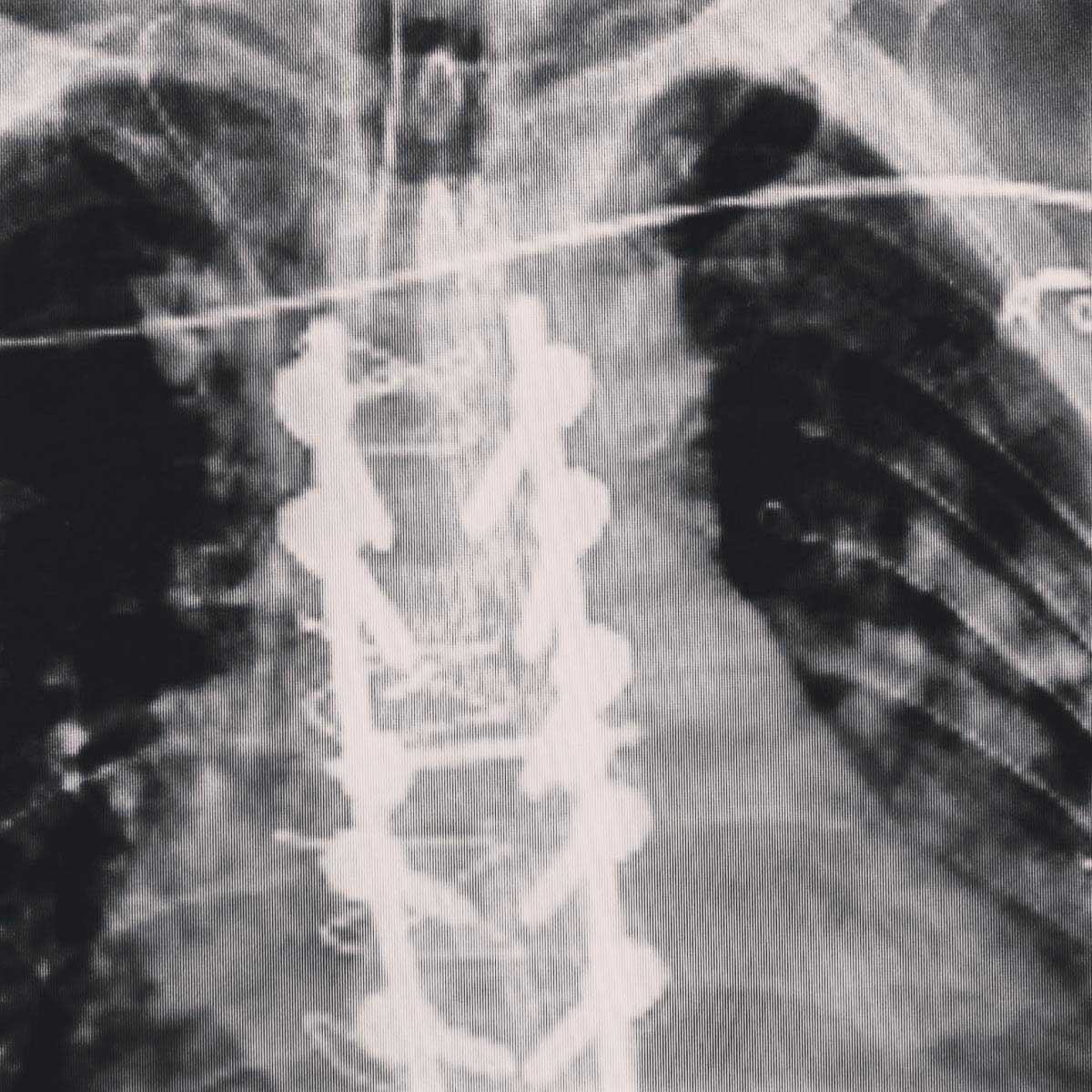
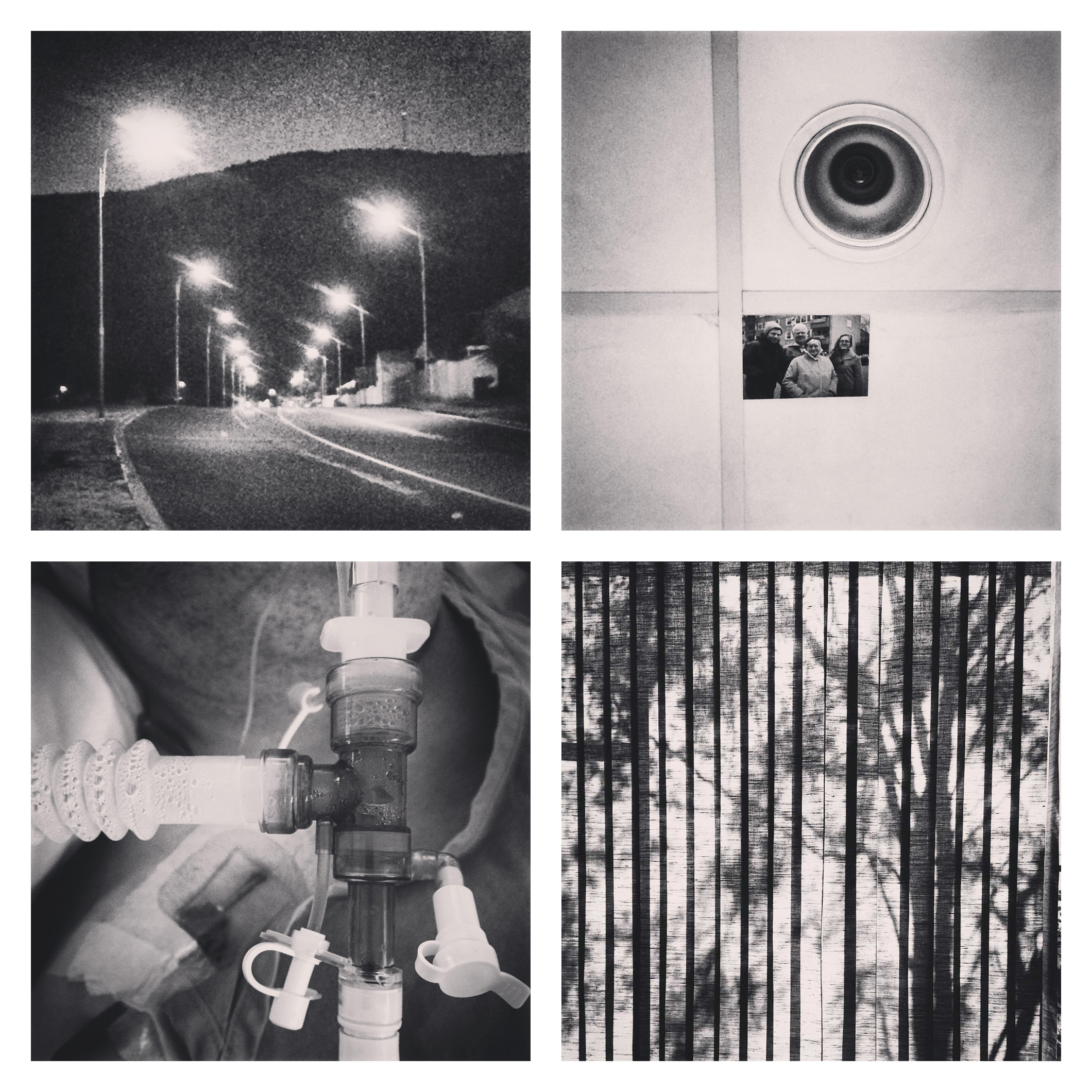
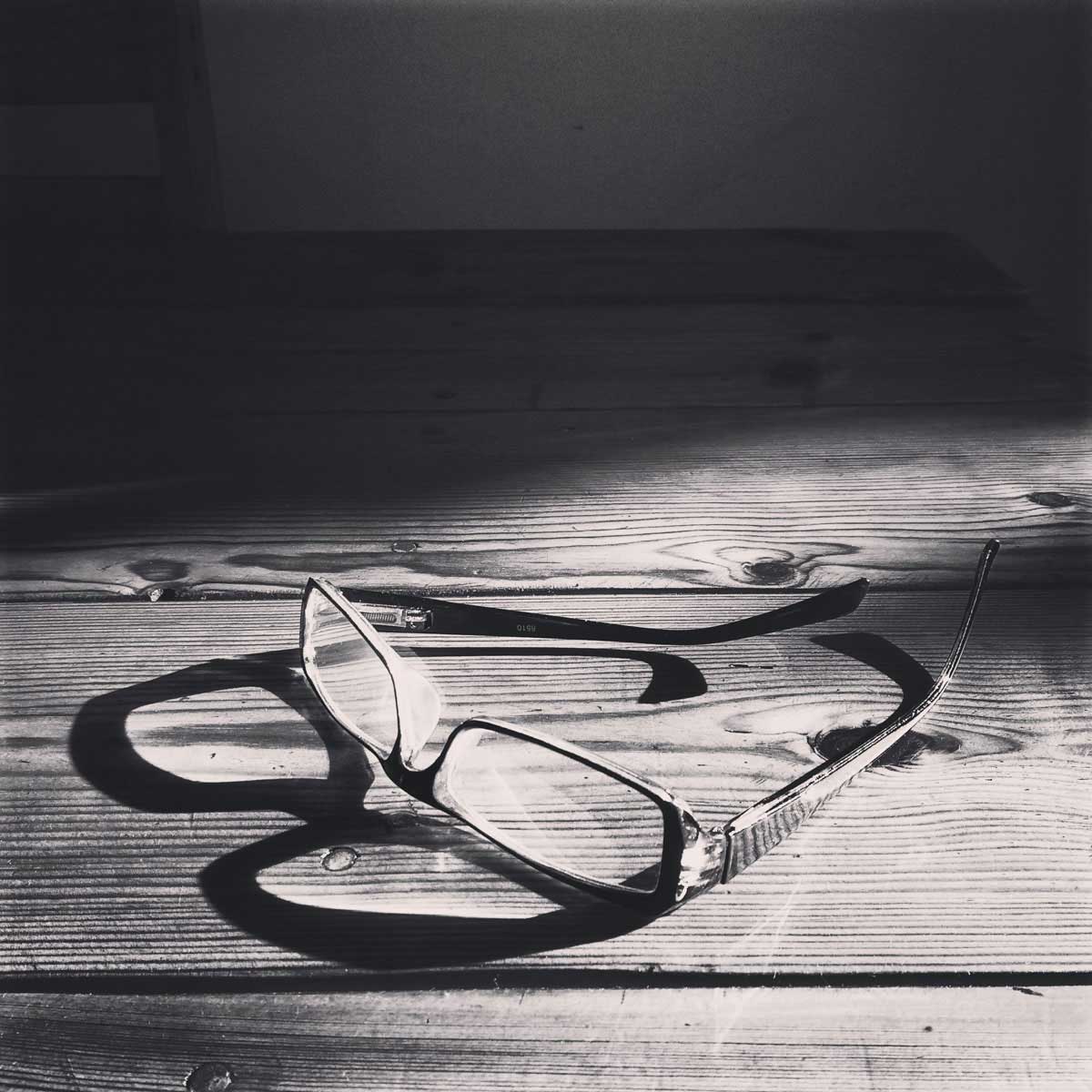
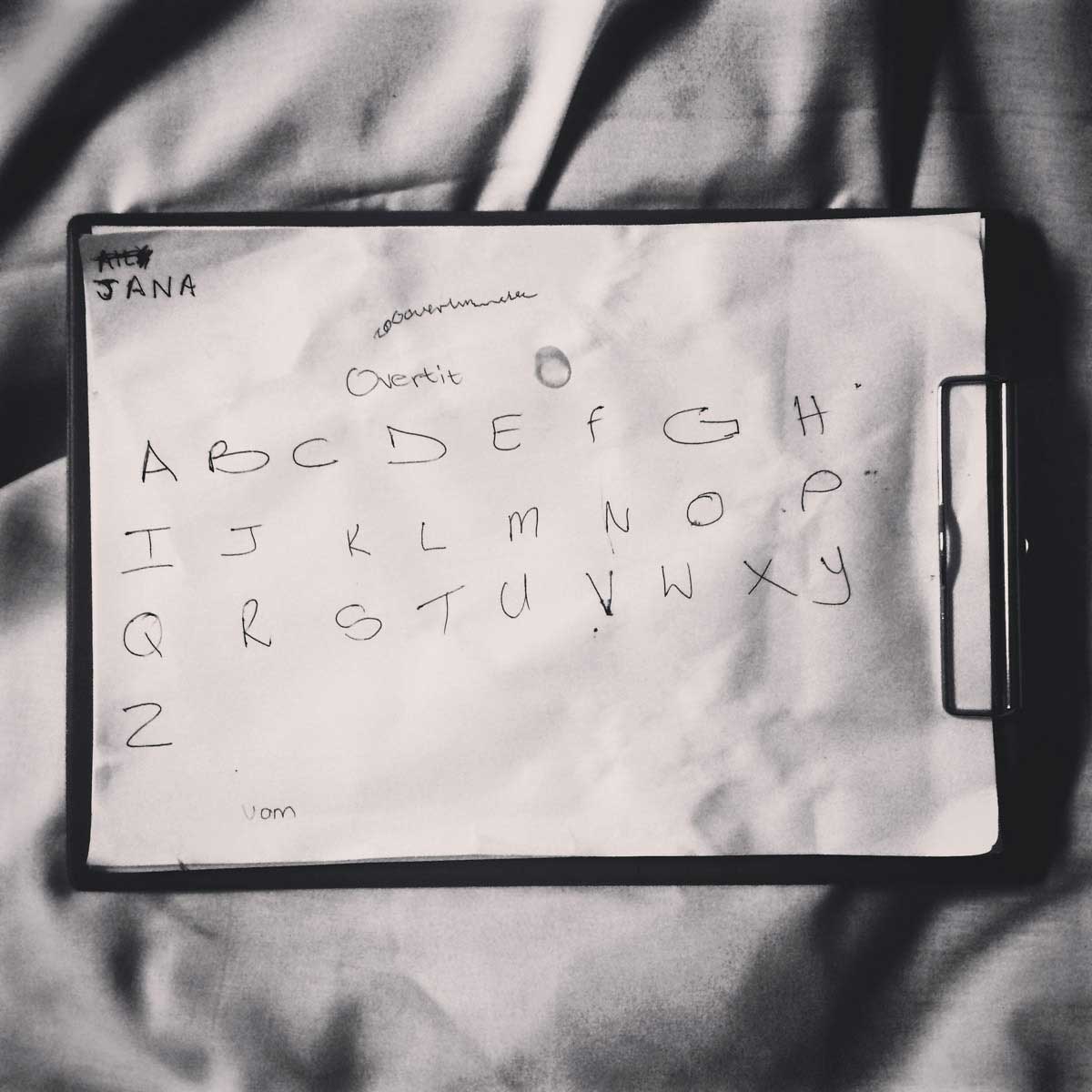
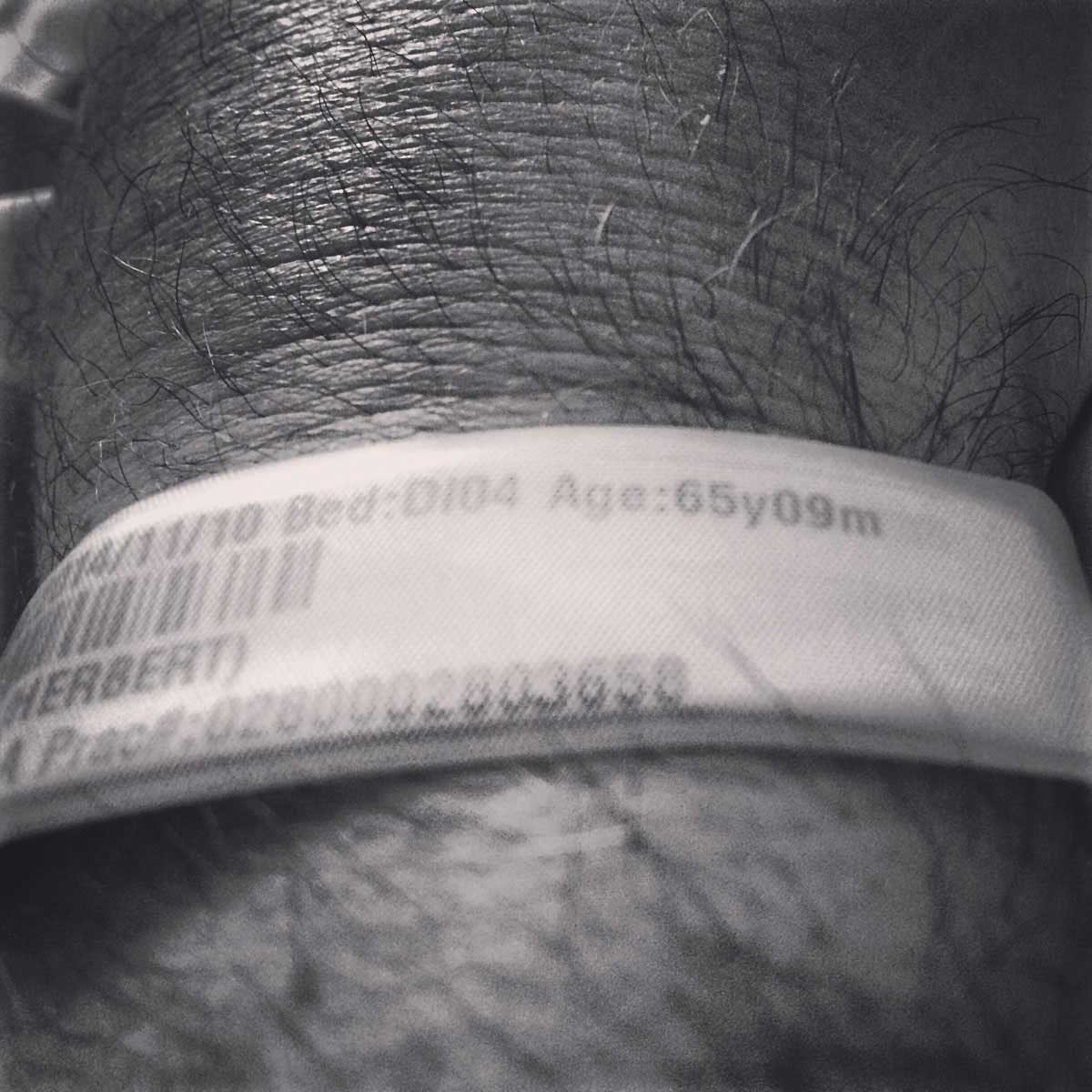
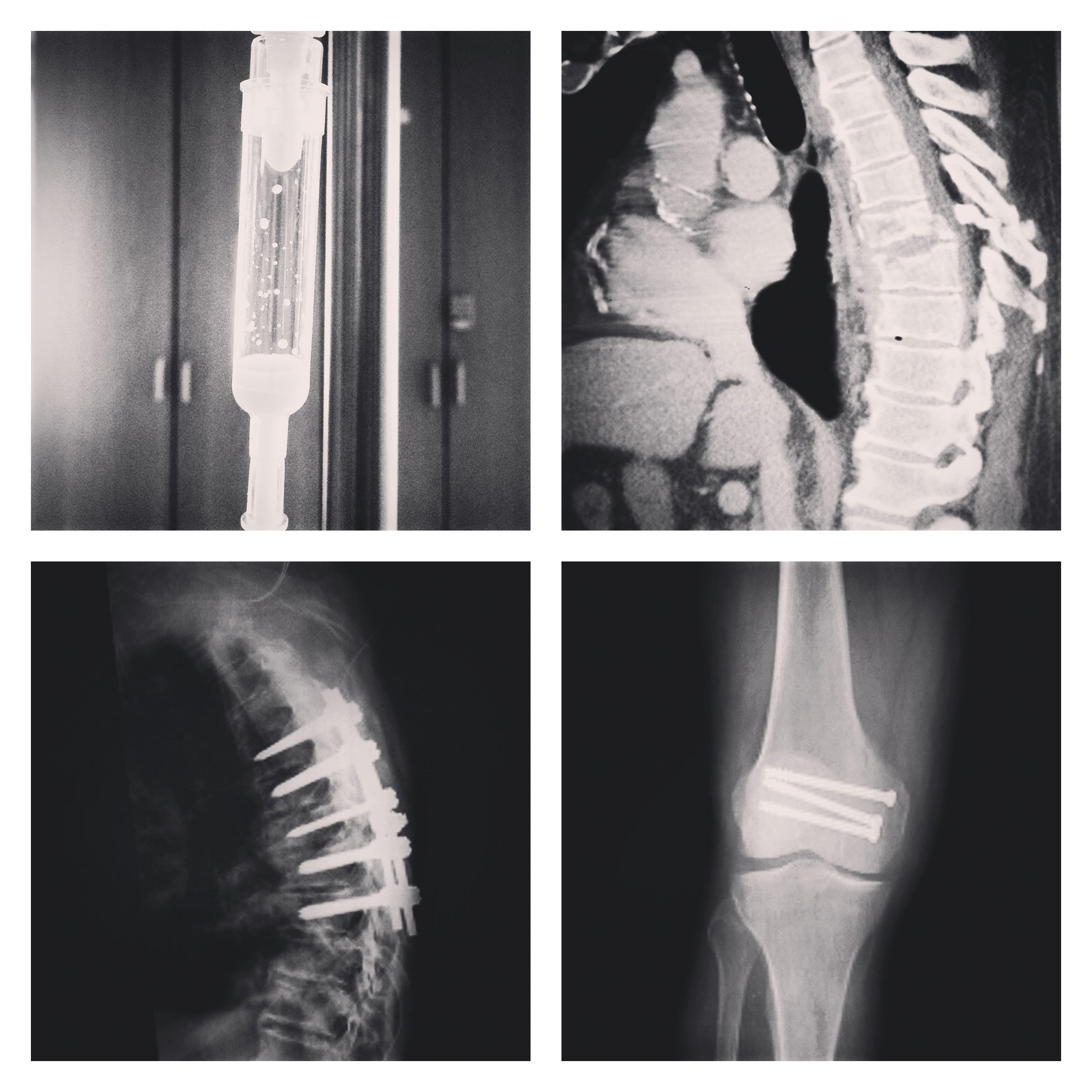
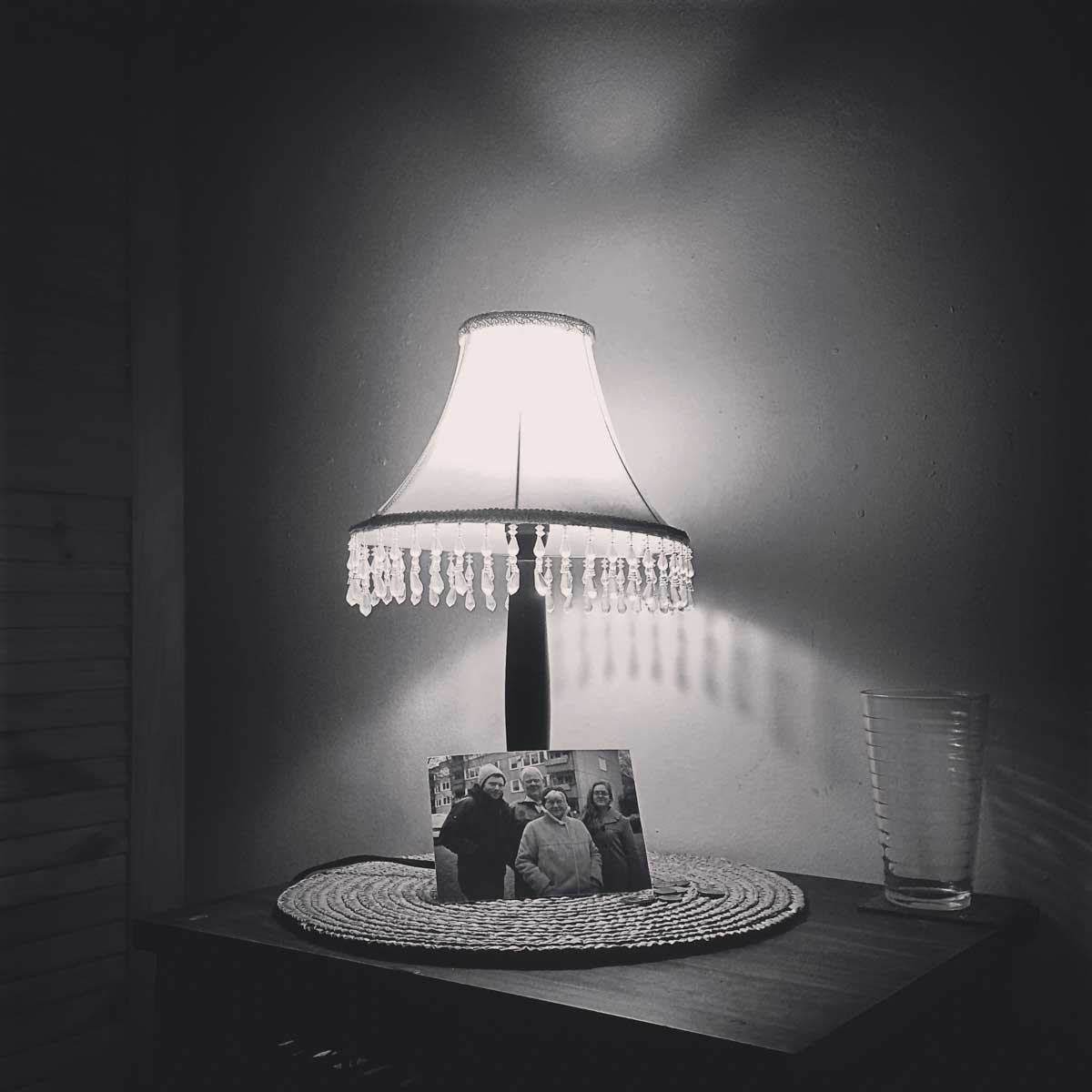

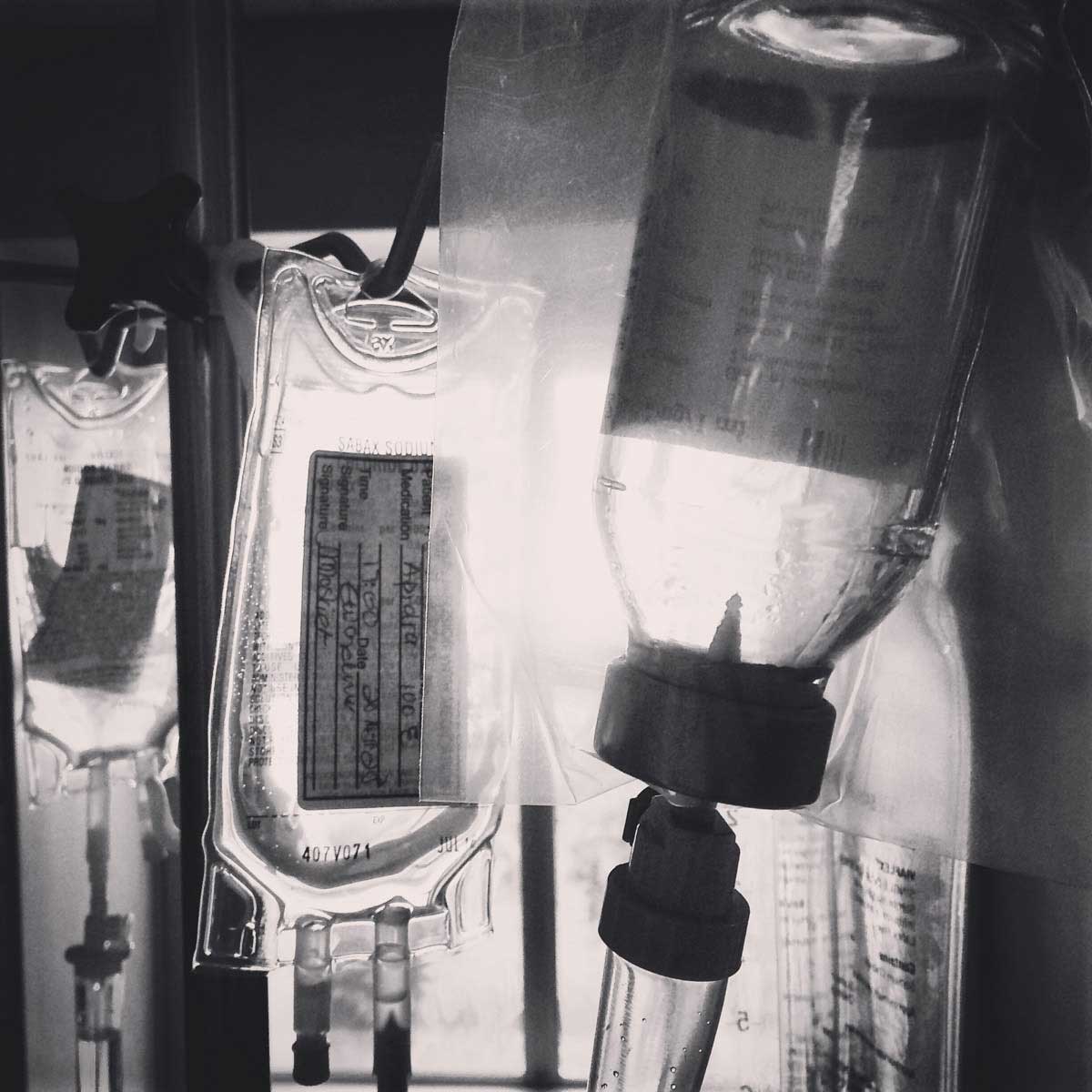
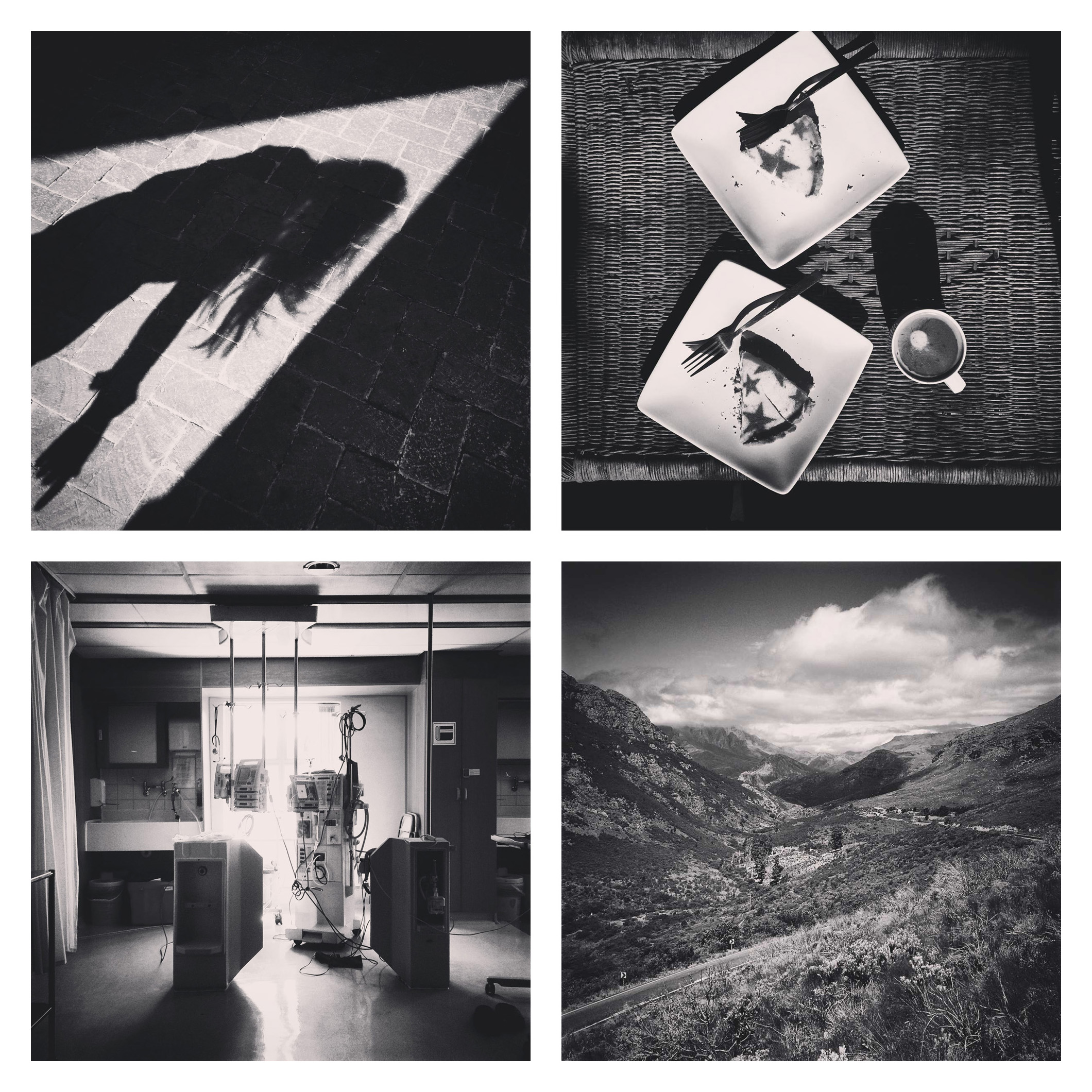
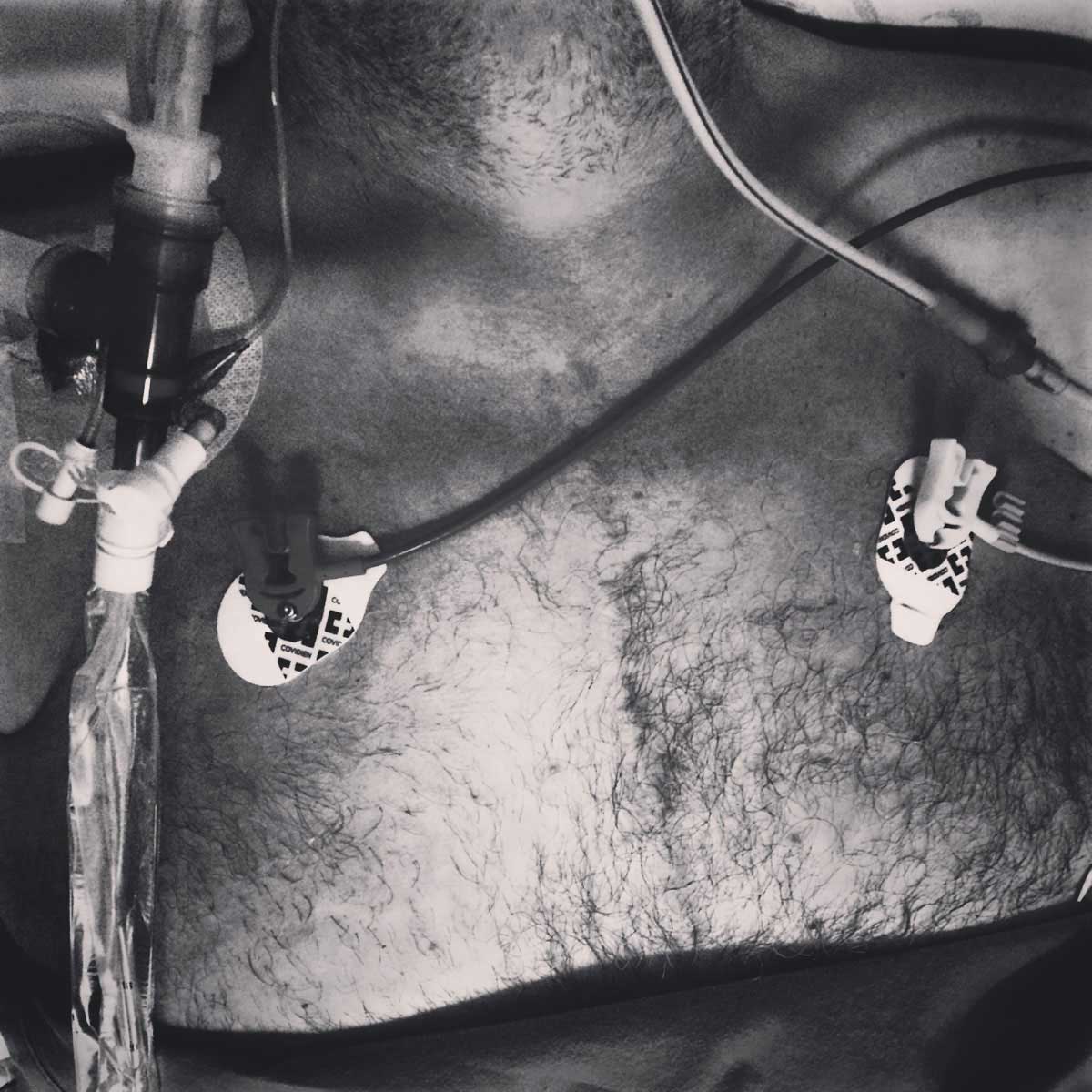
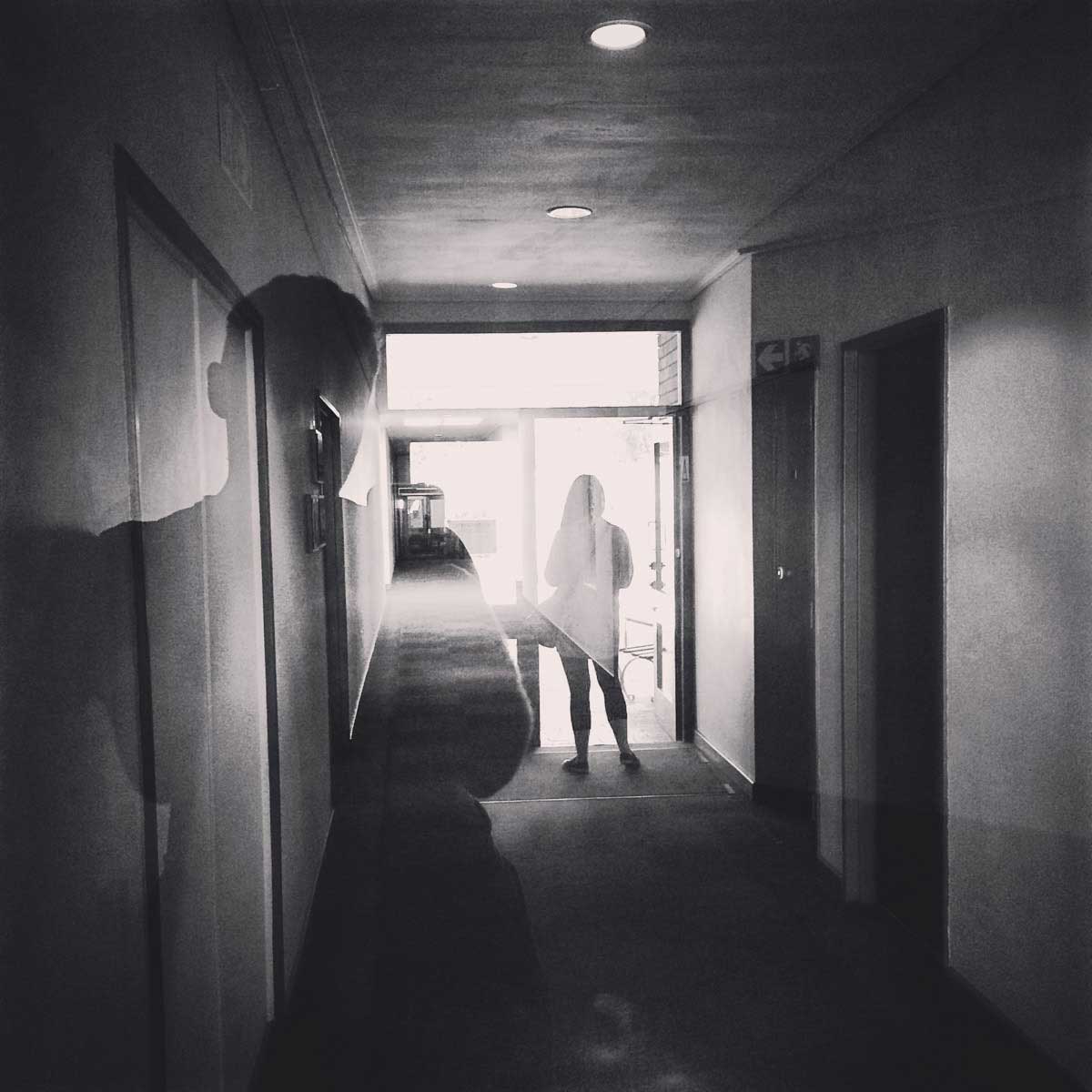

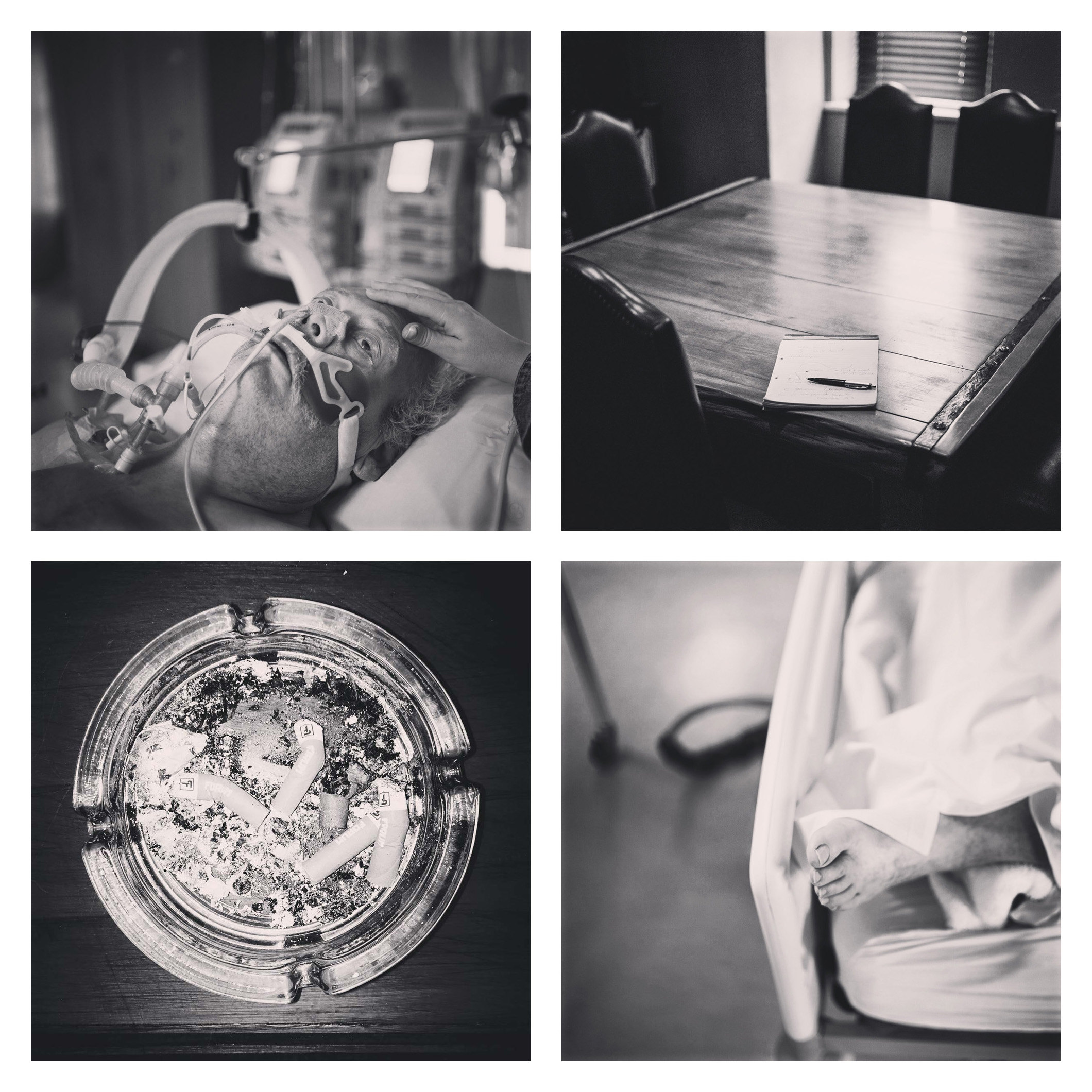
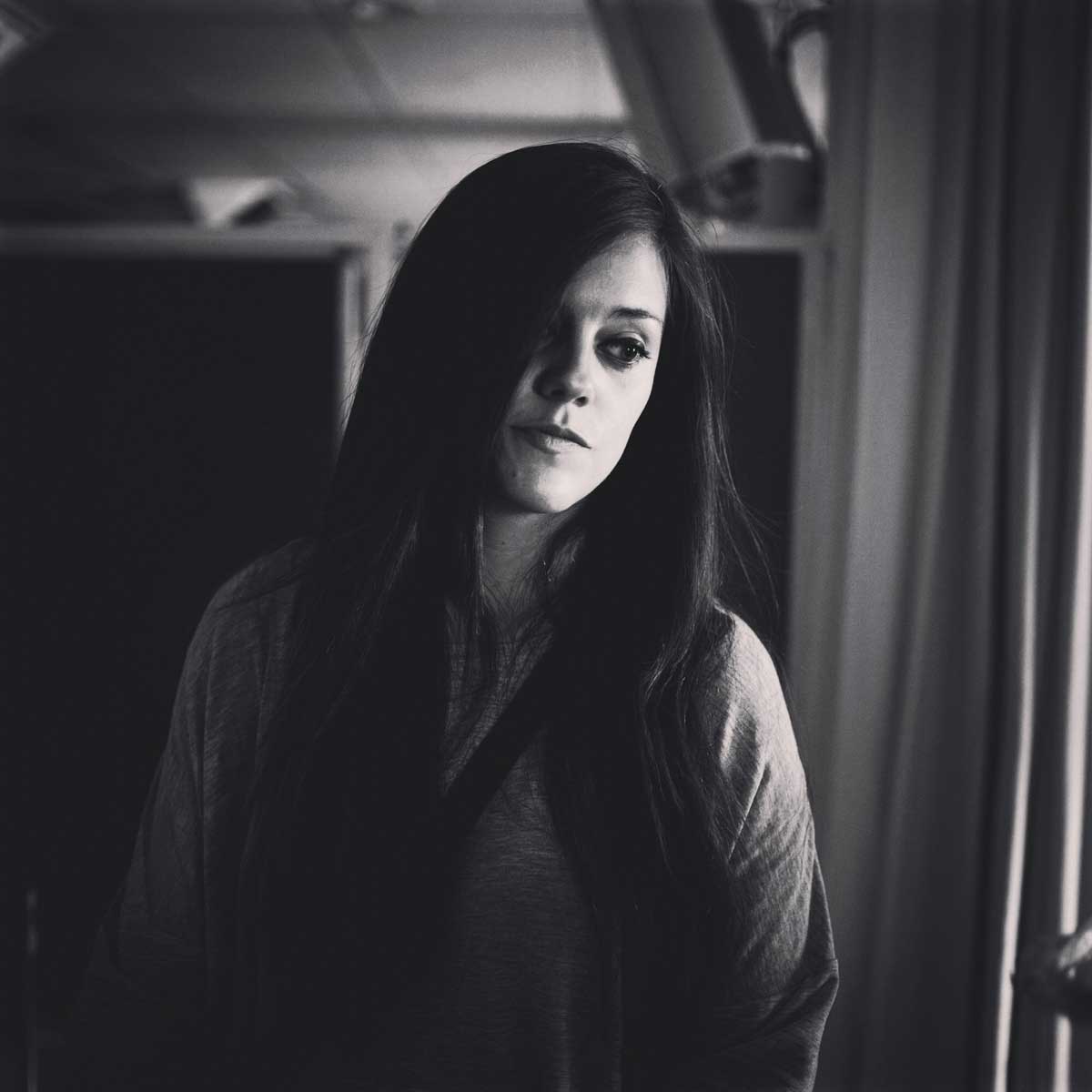
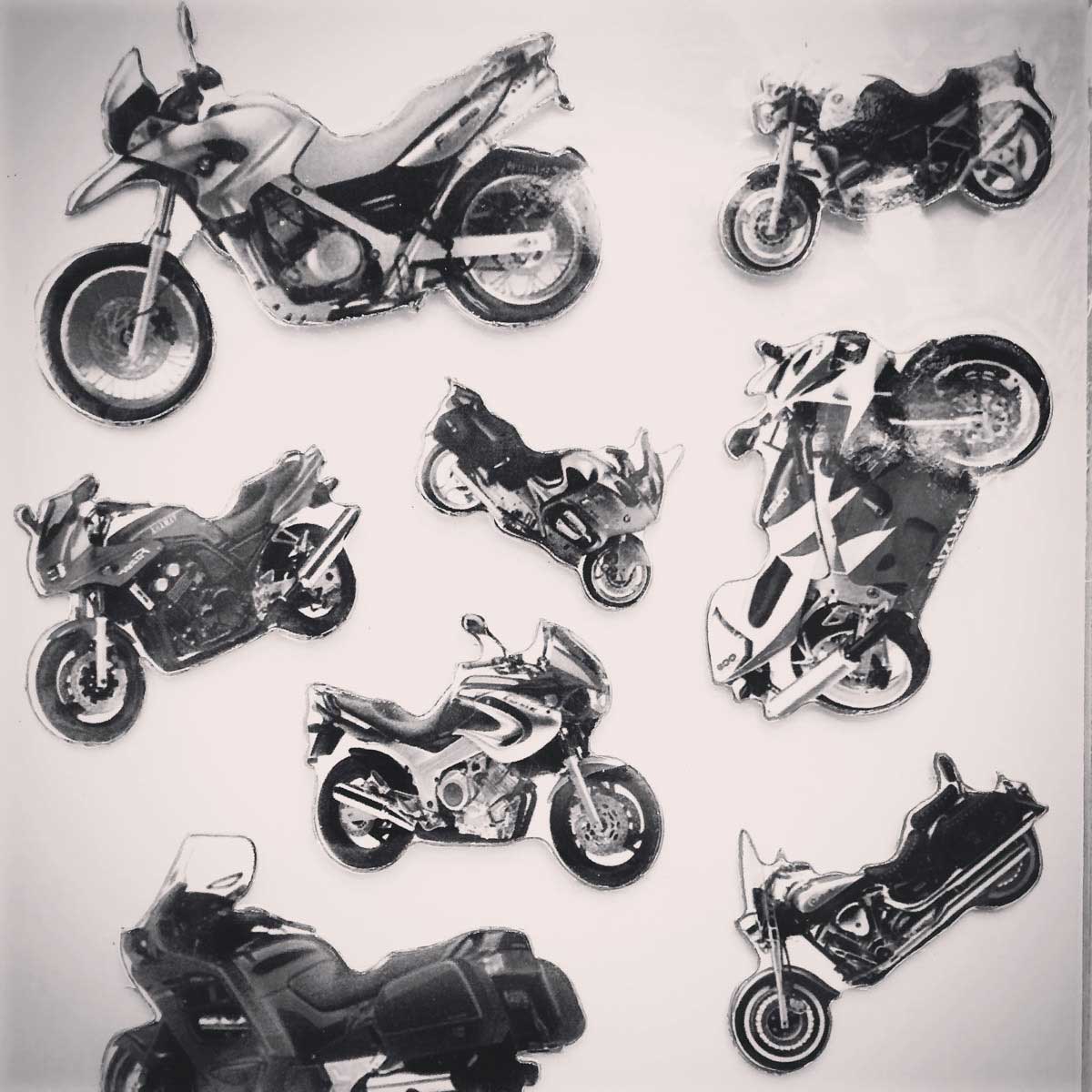
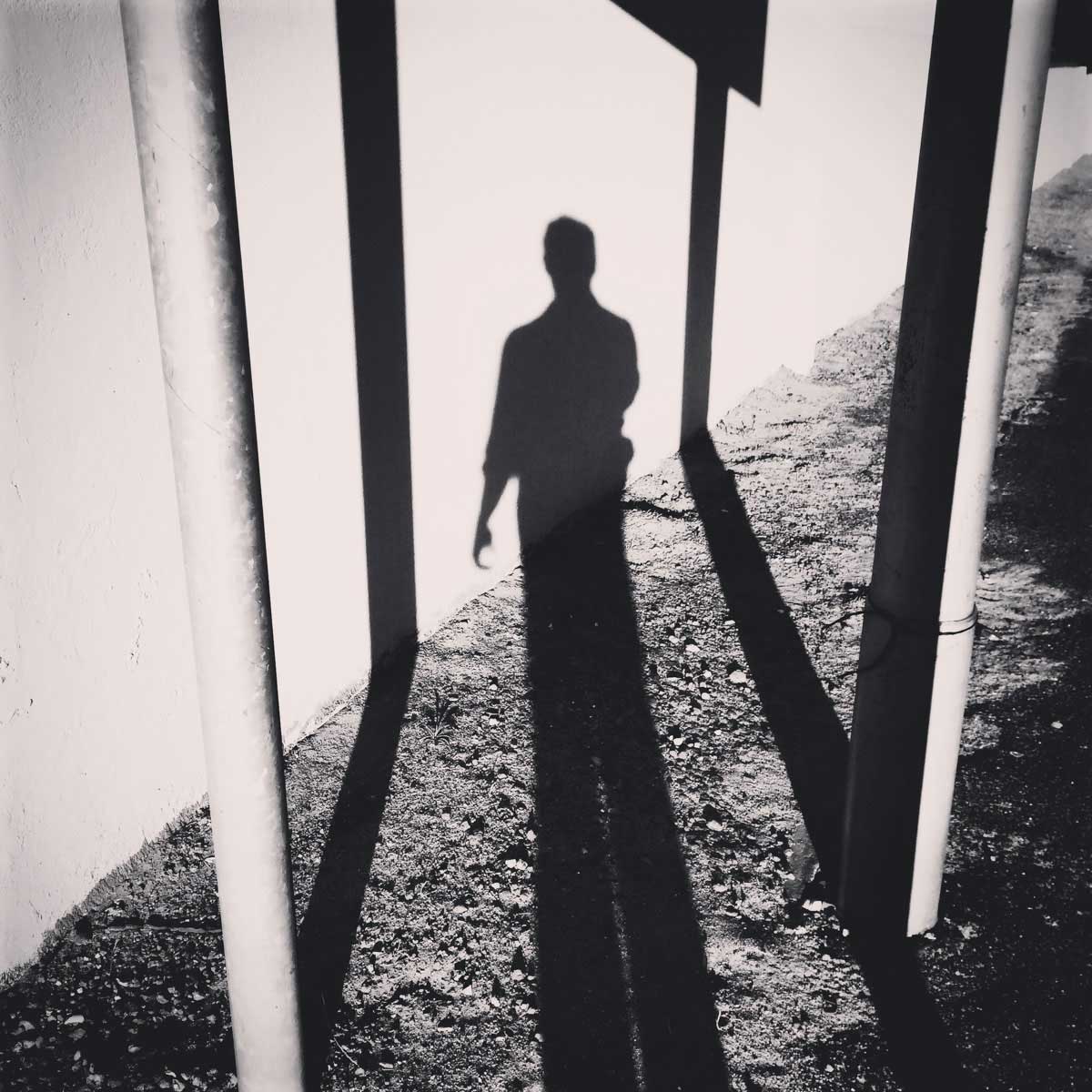

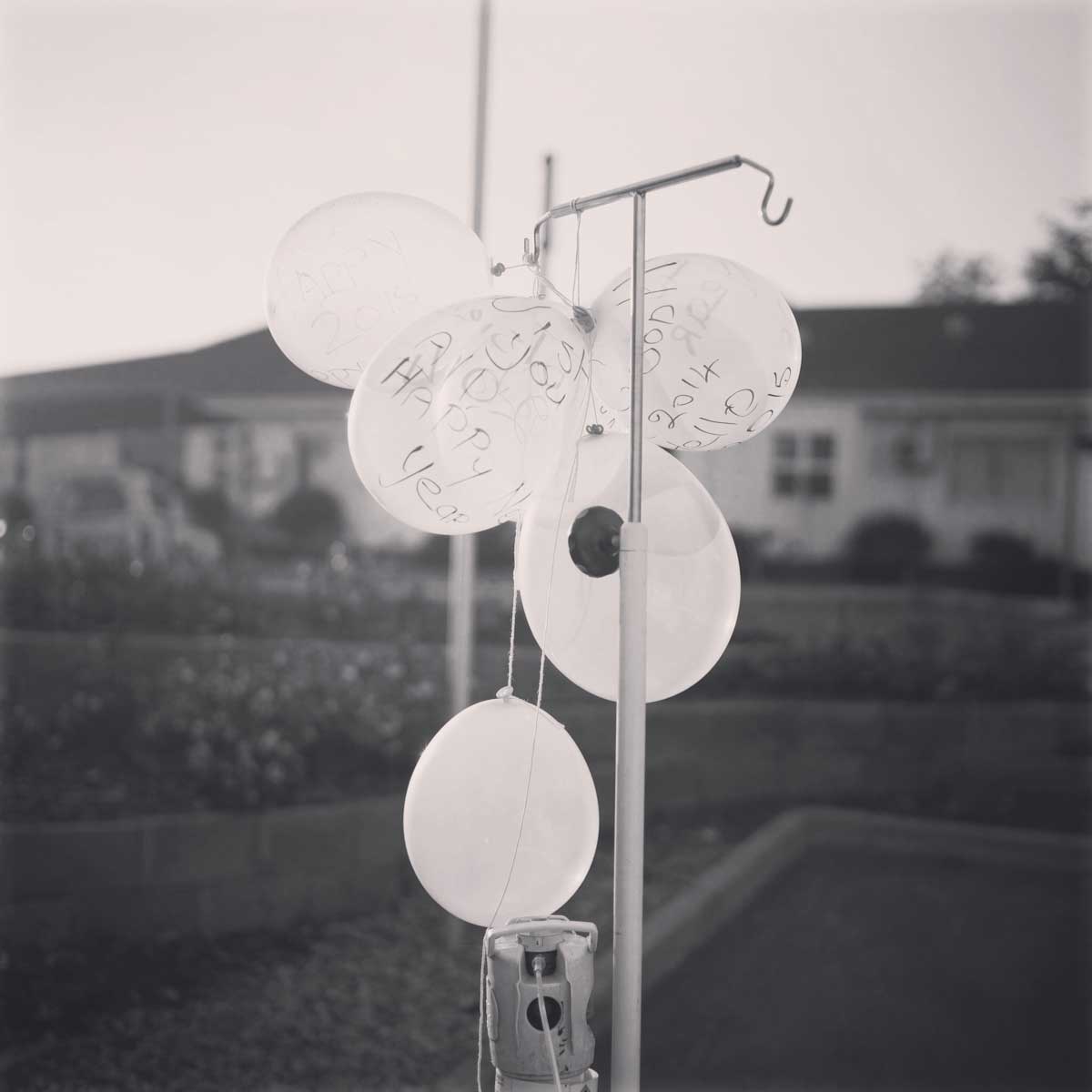
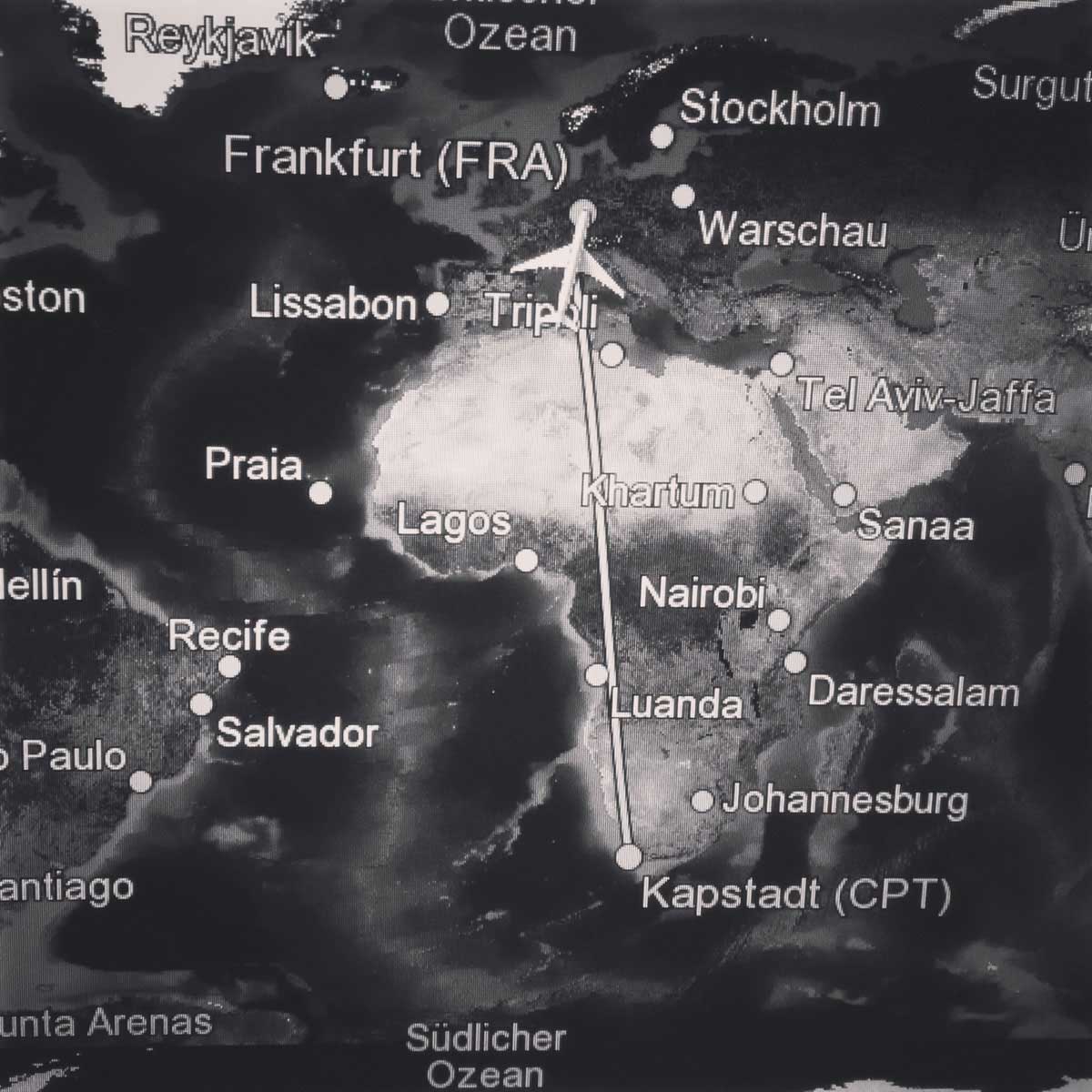
More Must-Reads from TIME
- Why Trump’s Message Worked on Latino Men
- What Trump’s Win Could Mean for Housing
- The 100 Must-Read Books of 2024
- Sleep Doctors Share the 1 Tip That’s Changed Their Lives
- Column: Let’s Bring Back Romance
- What It’s Like to Have Long COVID As a Kid
- FX’s Say Nothing Is the Must-Watch Political Thriller of 2024
- Merle Bombardieri Is Helping People Make the Baby Decision
Contact us at letters@time.com